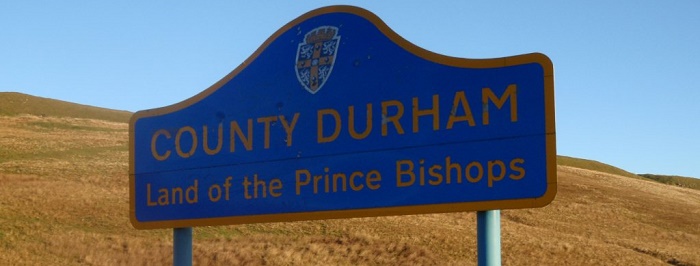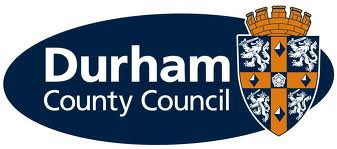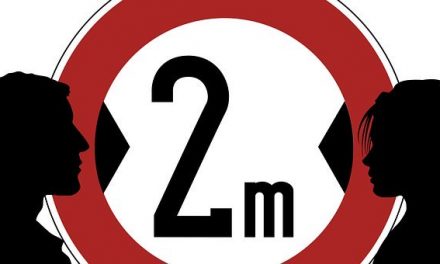In this first of a four-part series, John D Clare explains the Devolution Agreement.
With an income 77% of the European Union average, Durham’s economy is the third poorest region in the UK. A report by Lord Adonis in April 2013 identified three key problems:
1. a weak private sector, lacking investment
2. a skills shortage
3. poor connectivity, not just of transport, but of planning and policies.
Adonis recommended that the seven local councils should cooperate to coordinate their growth, skills and transport policies, and the ‘North-East Combined Authority’ (NECA) was duly set up in April 2014 to do so.
TOWARDS DEVOLUTION
At this point, NECA got bound up with the government’s policy of ‘devolution’. In November 2014, council leaders in the Manchester area signed a devolution deal with the government. Other negotiations followed – there are currently 38 in the pipeline – and NECA came under great pressure to agree a similar deal.
The Devolution Deal will not be like the one proposed in 2004, with an expensive Assembly of elected representatives. Instead, under the Devolution Deal now proposed, an elected Mayor – with a Cabinet of the seven NECA Council Leaders – will be given some of the powers, functions and funding hitherto administered by government civil servants in London. Meanwhile, Durham County Council (DCC) will still deliver the day-to-day services it currently provides.
On 23 October, DCC agreed to take this Devolution Proposal forward, but insisted on a preamble which made it clear that final agreement was conditional upon “further public consultation”. Soon after, the Council announced that – in County Durham – this would involve a poll of all electors early in the New Year. Although legally this poll cannot be advertised as ‘binding’, devolution is a major change to local government and we won’t sign up until you’ve had your say; no other Authority has given residents such a say.
A TERRIFYING DECISION
It is vital now that people learn about the Devolution Proposal, so that they know what they are voting about, because a wrong decision may ruin us.
I acknowledge the fears of some that signing up could turn us into an ignored hinterland of Tyneside, getting nothing but the blame for inadequately-funded devolved services.
Equally, however, people need to realise that there is no going back. If we do not join the Devolved Authority with the other six councils, we will spend the forseeable future administratively and economically isolated, and actually in competition against them.
Either we go IN and battle our corner against interests sometimes contrary to ours, or we stay OUT and watch the North-East move forward without us.
NEXT STEPS
So what is this ‘Devolution Agreement’ that we are expected to understand and vote upon? Next week I will review the proposals for Business.
John D Clare
Please note that this is my interpretation only, and in no way an expression of DCC policy. You can read the full Devolution Proposal here: http://bit.ly/NECADeal
The Devolution Deal (part 1)










